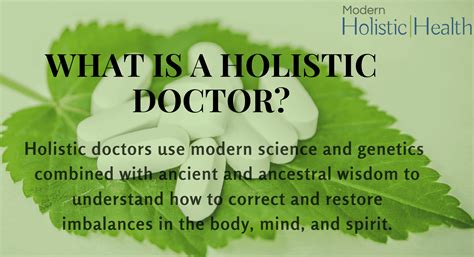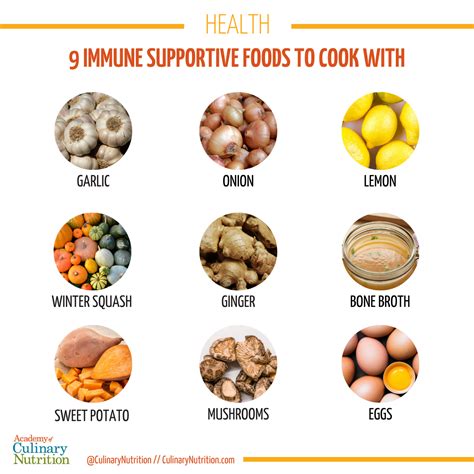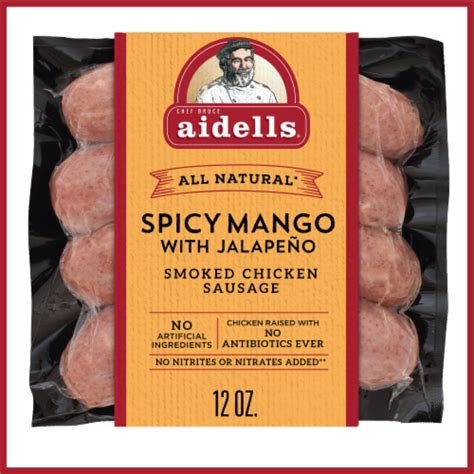What You Need to Know. Plus, tips from a Holistic Doctor
As we move into the new year, we’re sure you’re thinking about small, meaningful ways to do more for your body, from moving more to drinking water more mindfully. And we want to add one more 2024 do to your list: minding your gut health. Without realizing our guts have a lot to do with […] The post Gut Health and Healing: What You Need to Know. Plus, tips from a Holistic Doctor appeared first on HUM Nutrition Blog.

As we move into the new year, we’re sure you’re thinking about small, meaningful ways to do more for your body, from moving more to drinking water more mindfully. And we want to add one more 2024 do to your list: minding your gut health. Without realizing our guts have a lot to do with our overall health. But one big question remains: can you really heal your gut on your own?
Before we get to that, let’s discuss how you know your gut is in need of healing. Dr. Elena Ivanina, a board-certified gastroenterologist who specializes in holistic natural cures for gut conditions and health and is the founder of the Center for Integrative Gut Health in New York City, says a gut that’s out of whack is often pretty easy to spot, thanks to digestive symptoms (think: gas, bloating, etc.). However, she notes signs outside of our gut can reflect our gut health. Acne, rosacea, rashes, hair loss, brain fog, joint pain, and more can all crop up when the gut requires TLC.
“These extraintestinal manifestations of our gut health often come from an abnormal microbiome (dysbiosis) and leaky gut (intestinal hyperpermeability).”
Now that we have more expert-backed details into how our gut impacts our overall health let’s talk about the steps to healing gut health on your own.
Find the Root Cause
Ivanina says the first step to a healthier gut is understanding the root cause of what your body is experiencing, and journaling, she says, can be one of your first steps. “Looking at factors such as diet, sleep, stress, and direct gut toxins such as alcohol and other medications that may impact your gut health [is helpful],” she explains.
Like looking at personal journal entries from yesteryear, Ivanina tells us reviewing your entries can reveal a clear cause and give a fuller picture of your habits so you can start to remove things to see how they affect your gut. As you venture through this introspective health journaling, she says, “Most people benefit from the guidance of a gastroenterologist and testing, from endoscopy and colonoscopy to SIBO breath tests.” So, don’t be afraid to reach out to a professional as you begin this journey,
Make Changes to Your Diet
You’ve probably heard this before, but diet is the base of gut health. Sorry, there’s no way around it! So, what does your body need? Fiber is a biggie. Why? “Fiber feeds your gut bugs so they can produce things like butyrate that keep your gut alive,” Ivanina explains. Before you get turned off by fiber-feeding your gut bugs, remember your gut is a living, breathing thing. One surprising piece of information Ivanina shares is that studies have shown that diet plays an even more influential role than your genes.
Here’s How to Eat More Fiber For Gut Health
“The most important source of pre and probiotics for your gut are from food,” Ivanina shares. So, how much fiber do we need to consume a day? “Guidelines recommend to aim for 25 grams for women and 38 grams for men each day, although there are people who consume upwards of 100 grams, so it’s a good initial goal,” Ivanina explains. 100 grams? That sounds like a lot.
Well, it’s not as lofty of a goal as you think. Adding more vegetables to your meals is one of the easiest ways to get more fiber in your diet. Artichokes, brussels sprouts, kale, beets, collard greens, and sweet potatoes top the list of fibrous veggies. Additionally, popcorn, apples, berries, chia seeds, and almonds make for ideal snacks and additions to meals to up your fiber intake without sacrificing taste! As you add more fiber to your diet, remember to drink lots of water to prevent bloating.
Focus on the Three P’s For Gut Health
“Gut health foods focus on the 3Ps: Prebiotics, probiotics, and polyphenols,” Ivanina explains. “Prebiotics are plant fiber that feeds your good gut microbes such as garlic, onion, and artichoke.” Lucky for us, garlic and onion are very easy to layer into your diet in dishes that can take you from your first meal of the day with an easy whipping up of scrambled eggs into dinnertime.
Next up: Probiotics. “Probiotic foods are fermented or cultured foods that contain live cultures of bacteria such as kimchi, sauerkraut, and yogurt,” Ivanina adds. Fermented food can be an acquired taste, but finding ways to incorporate it into your diet can be ultra-healing for the gut.
Lastly, Ivanina shares polyphenols, compounds naturally found in plants such as fruits, vegetables, herbs, spices, tea, and dark chocolate, that can act as antioxidants, reduce inflammation, and are essential players in yielding a healthier gut. Ginger, peppermint, fennel, and black tea are among the best teas for a healthier gut. Spices such as turmeric, ginger, cinnamon, peppermint, licorice root, and oregano are also great for gut health.
Limit Processed Foods and Alcohol
“The biggest gut health disruptor in food is processed food, including emulsifiers, food dyes, and anything that is unnatural,” she tells us. Two of the most problematic items on the list are dairy intolerance and alcohol. “Dairy and gluten are very common gut irritants, and alcohol is a direct toxin to the gut, making its elimination an easy target if focusing on gut health.”
Tailor Your Supplements to You
Prebiotic and probiotic supplements like HUM’s Gut Instinct and Flatter Me can be helpful additions to your journey to a healthier gut. However, Ivanina advises an approach tailored to your unique needs, noting: “There is no ‘one size fits all.'”
The Takeaway
Even though our gut is out of sight, that certainly doesn’t mean it should ever be out of mind because of the impact it has not only on our digestion but our overall health. As Ivanina stated, there is no one-size-fits-all to managing a healthy gut. But there are expert and science-backed steps that can help your head in the right direction.
It might be tempting to throw out your entire diet and start anew because “New year, a new me, right? ” Well, that approach rarely yields long-term results, so a food journal is a great place to start. Next, move onto tangible yet small incremental changes like cutting back on dairy and alcohol, eating more veggies with each meal, and snacking on popcorn to get more fiber into your diet to feed your body those necessary bugs to get your gut feeling its best long term.
The post Gut Health and Healing: What You Need to Know. Plus, tips from a Holistic Doctor appeared first on HUM Nutrition Blog.

 mainadmin
mainadmin 










